Ten Questions for Joy Castro
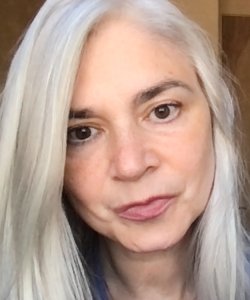
“I like taking risks.” —Joy Castro, author of One Brilliant Flame
Jump to navigation Skip to content

“I like taking risks.” —Joy Castro, author of One Brilliant Flame

The author of The White Mosque offers an ode to intertextuality.

“It takes a lot of intentional work to write ethical stories.” —Hafizah Augustus Geter, author of The Black Period: On Personhood, Race, and Origin

“This book really fought me, or I fought it, for the first couple of years.” —Safia Elhillo, author of Girls That Never Die
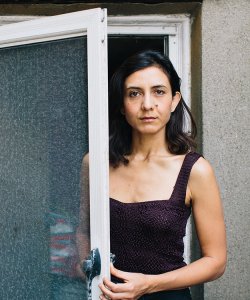
“I was struck by the freedom of third person, how I could roam and jump and skip around, and cozy up to characters and then back away.” —Ottessa Moshfegh, author of Lapvona

“I wanted to write female friendship in a way that felt honest to me.” —Christine Kandic Torres, author of The Girls in Queens
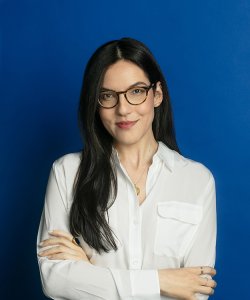
“When you’re in that in-between stage, between starting something and gathering speed, a piece of chipped nail polish is the most riveting thing in the world.” —Sloane Crosley, author of Cult Classic
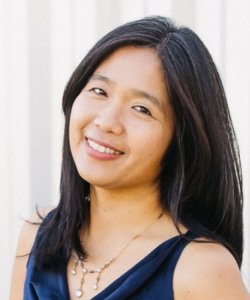
“If I had known about the twists and turns beforehand, I like to think I would have kept going, but maybe it’s better not to know.” —Vanessa Hua, author of Forbidden City
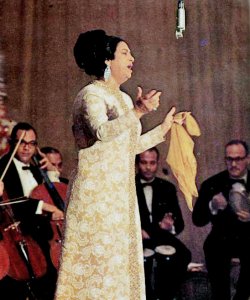
The author of Country of Origin listens to old-school Arabic music to help her render the mood of Egypt at the dawn of the postcolonial period.
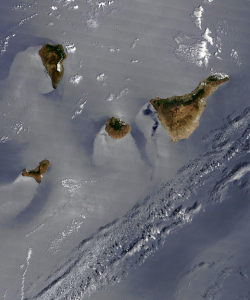
The translator of Migratory Birds and Permafrost uses Google Maps to immerse herself in the settings of her translation projects.